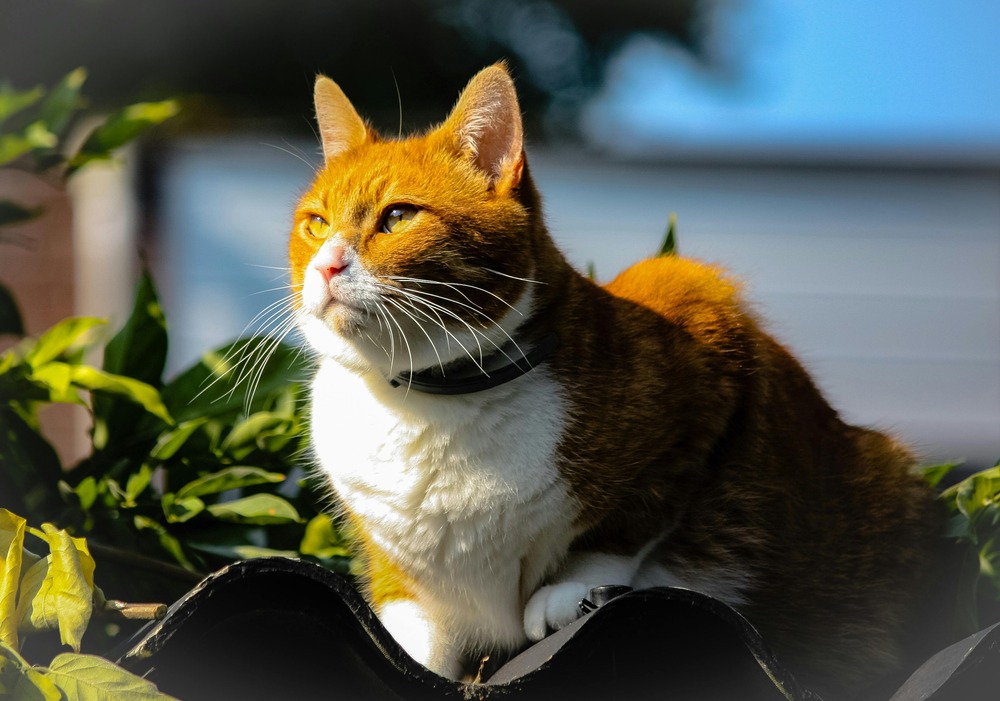As our beloved pets age, their healthcare needs often become more complex and costly. Just like humans, senior pets are prone to various health issues, making it essential for pet owners to consider insurance options that cater specifically to their needs. In this blog, we will explore the importance of pet insurance for senior pets, the types of coverage available, and how to choose the right plan. 🐾

Why Pet Insurance is Essential for Senior Pets
According to the American Pet Products Association, approximately 70% of U.S. households own a pet, and as pets age, their medical expenses can increase significantly. A study by the Veterinary Pet Insurance Company revealed that senior pets (7 years and older) account for nearly 50% of all pet insurance claims. This statistic highlights the importance of having a solid insurance plan in place to manage unexpected veterinary costs.
Here are some common health issues that senior pets face:
| Health Issue | Percentage of Senior Pets Affected |
|---|---|
| Arthritis | 60% |
| Dental Disease | 80% |
| Kidney Disease | 30% |
| Cancer | 50% |
| Heart Disease | 25% |
As you can see, the likelihood of encountering serious health issues increases with age. This is where pet insurance can be a lifesaver, helping to alleviate the financial burden of treatments and medications. 💰
Types of Pet Insurance Coverage
When it comes to pet insurance, there are several types of coverage to consider. Understanding these options can help you make an informed decision for your senior pet.
-
Accident-Only Coverage: This plan covers injuries resulting from accidents, such as broken bones or lacerations. While it is often the most affordable option, it does not cover illnesses, which can be a significant drawback for senior pets.
-
Comprehensive Coverage: This is the most popular option among pet owners. It covers both accidents and illnesses, including chronic conditions that are common in senior pets. Comprehensive plans often include coverage for surgeries, medications, and even alternative therapies.
-
Wellness Plans: These plans focus on preventive care, covering routine check-ups, vaccinations, and dental cleanings. While they do not cover accidents or illnesses, they can be a valuable addition to a comprehensive plan, especially for senior pets who require regular veterinary visits.
Factors to Consider When Choosing Pet Insurance
When selecting the right pet insurance for your senior pet, consider the following factors:
-
Age and Breed: Some breeds are more prone to specific health issues. Research your pet's breed to understand potential risks and choose a plan that covers those conditions.
-
Pre-existing Conditions: Most insurance providers do not cover pre-existing conditions. If your senior pet has any existing health issues, be sure to inquire about coverage options.
-
Deductibles and Premiums: Compare different plans to find one that fits your budget. Higher deductibles often mean lower premiums, but be sure to consider how much you can afford to pay out-of-pocket in case of an emergency.
-
Coverage Limits: Some plans have annual or lifetime limits on payouts. Ensure that the plan you choose provides adequate coverage for your pet's potential healthcare needs.
Comparing Pet Insurance Plans
To help you make an informed decision, here's a comparison of three popular pet insurance providers:
| Provider | Monthly Premium | Deductible | Coverage Type | Annual Limit |
|---|---|---|---|---|
| PetPlan | $45 | $250 | Comprehensive | $10,000 |
| Healthy Paws | $50 | $500 | Comprehensive | Unlimited |
| Embrace | $40 | $300 | Comprehensive + Wellness | $15,000 |
Each of these providers offers unique benefits, so it's essential to evaluate which plan aligns best with your pet's needs and your financial situation. 🐶
Tips for Finding the Best Pet Insurance
-
Read Reviews: Websites like ConsumerAffairs provide valuable insights from other pet owners about their experiences with different insurance providers.
-
Ask Your Veterinarian: Your vet can offer recommendations based on their experience with various insurance companies and the types of coverage that are most beneficial for senior pets.
-
Get Multiple Quotes: Don't settle for the first quote you receive. Comparing multiple plans can help you find the best coverage at the most affordable price.
-
Consider a Waiting Period: Most insurance plans have a waiting period before coverage begins. Be sure to understand these timelines, especially if your pet requires immediate care.
Conclusion
Choosing the right pet insurance for your senior pet is a crucial decision that can significantly impact their quality of life. With the right coverage, you can ensure that your furry friend receives the medical attention they need without the stress of financial strain. 🐕🦺
As you navigate the world of pet insurance, remember to consider your pet's specific needs, compare different plans, and consult with your veterinarian. By taking these steps, you can provide your senior pet with the care they deserve, allowing them to enjoy their golden years to the fullest. 🌟
For more information on pet insurance options, check out Pet Insurance Review to find the best plan for your furry companion!




